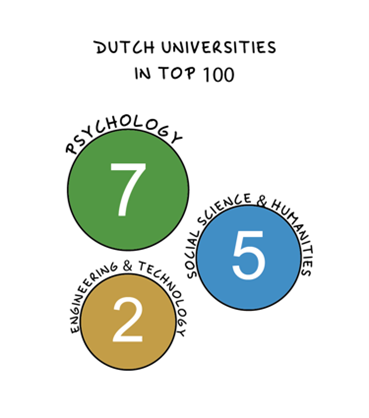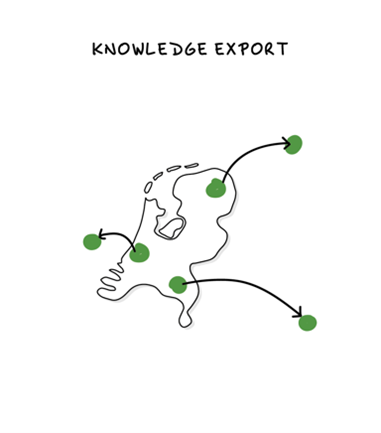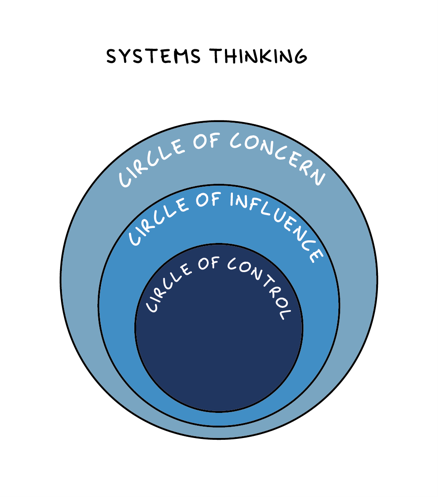Strategy afternoon TSB – 6 November 2023 - 'Dealing strategically with uncertainty'
Staff and students of TSB came together on the afternoon of 6 November to jointly deepen the TSB strategy.
Dutch education is becoming increasingly international. Politicians are afraid that Dutch students will have less good access to Dutch universities as a result. That is why a law is on its way to the House of Representatives that stipulates that no more than 30% of bachelor's programmes may be taught in English. This will have a major impact on our university, our students and our staff. The exact form and implementation of the proposed legislation is still unclear. As a result, we have to continue to look broadly at different scenarios and adjust our strategy in such a way that we can respond flexibly.


During the strategy afternoon, we started by looking at the benefits of internationalisation: Dutch universities are in the top 100 14 times. The international students bring knowledge to the table, which means that Dutch students also gain broader knowledge. Based on this knowledge, we have experienced together how we can deal with the uncertainties surrounding internationalisation, by:
- inform them of the potentially major changes that are being imposed;
- learn to deal with the uncertainty of whether these measures will be implemented and to what extent and in what form, and to draw up possible actions to respond;
- to experience how joint leadership and collective wisdom give substance to addressing these challenges.
We started by jointly determining the challenge and how it can be addressed, for example how to steer towards less than 30% in English, conducting an efficiency test for the English-language programmes or fully commercialising education. On the basis of the three circles of influence, we have determined whether the solutions found are within our sphere of influence or whether it is not an actual solution, because you are not in a position to influence (changing the minds of our representatives, for example).
We then estimated the probability of success for the solutions, in relation to the effort required by the solution.

The solutions were 'pitched' to colleagues who were literally allowed to vote with their feet whether they agreed with your solution and your assessment of success.
It worked well to 'experience' how complicated it is to have to make decisions when so much is still uncertain. At the end of the meeting, the participants had the confidence that the Faculty Board was on top of the developments and that they would be informed when necessary (and unfortunately there is little new to report so far).
A selection of the pitched possible solutions from the different groups:
- Allowing our international staff to learn Dutch was seen as a good and promising option.
- All exams in Dutch were not seen as a realistic solution, not even with an AI translation module for our international students.
- Part of the bachelor's degree abroad was seen as an exciting but possibly long-term option.
- The most 'out of the box' solution was intensive cooperation with Germany, and becoming a (partly) German, but English-taught programme was seen as promising.
- Sticking very strictly to the rules, less flexibility in the content of the study in order not to exceed 30% was seen as an undesirable, but possible solution.
- A fully commercial postdoc training in collaboration with Tranzo was also considered promising, although the competition for commercial training is strong.
Next Strategy afternoon TSB: June 11, 2024 in the Faculty Club.
